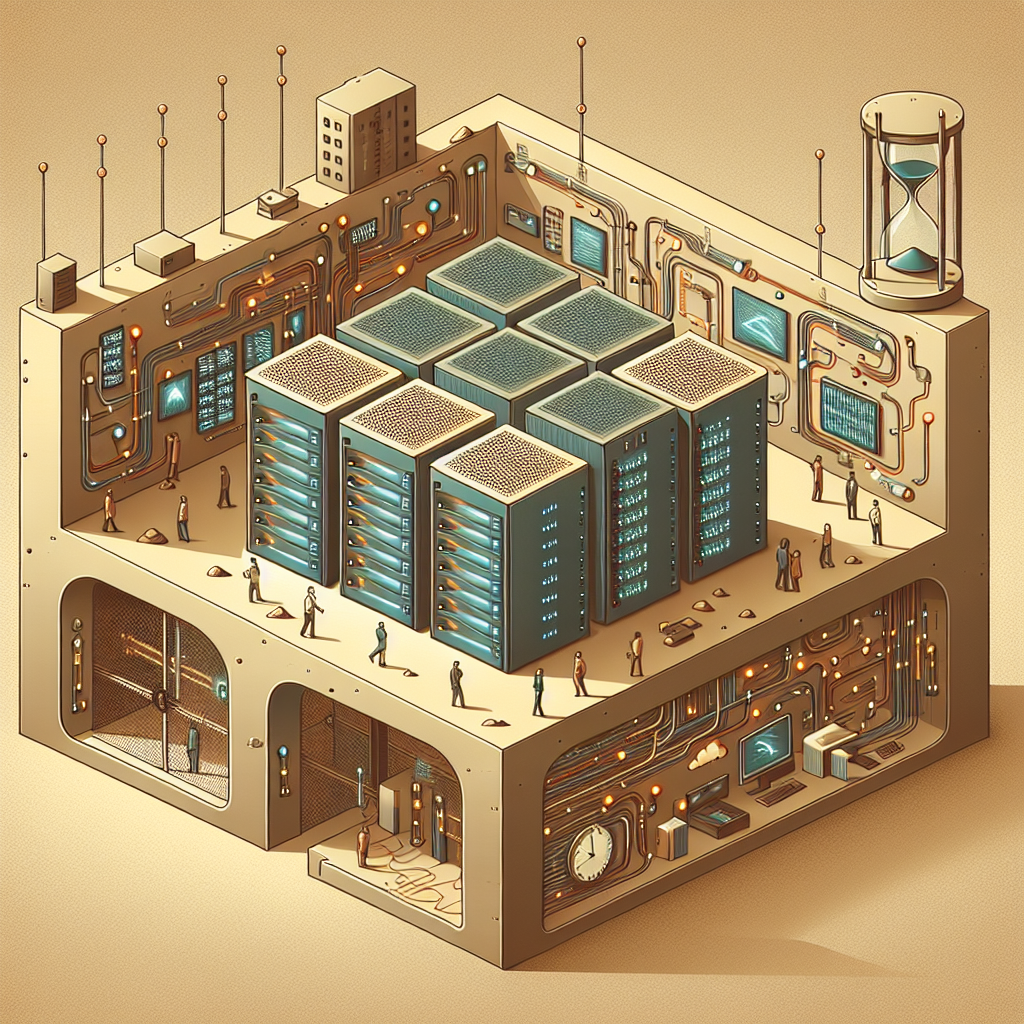Your cart is currently empty!
The Importance of Data Center Resilience in an Ever-Changing World

In today’s digital age, data centers play a crucial role in ensuring the smooth operation of businesses and organizations. These facilities house the servers, storage, and networking equipment that store and process vast amounts of data, allowing companies to deliver their services and products to customers around the clock. However, with the increasing reliance on technology and the growing threat of cyberattacks and natural disasters, the importance of data center resilience has never been more critical.
Data center resilience refers to the ability of a data center to maintain its operations and continue to provide services in the face of disruptions or failures. These disruptions can come in many forms, including power outages, equipment failures, cyberattacks, or natural disasters such as earthquakes or hurricanes. In order to ensure that data centers can withstand these challenges, organizations must implement robust resilience strategies and invest in the necessary resources to protect their data and infrastructure.
One of the key components of data center resilience is redundancy. Redundancy involves duplicating critical components such as power supplies, cooling systems, and network connections to ensure that there are no single points of failure. By having redundant systems in place, data centers can continue to operate even if one component fails, minimizing downtime and ensuring that data remains accessible to users.
Another important aspect of data center resilience is disaster recovery planning. Organizations must have a comprehensive plan in place to quickly recover and restore data in the event of a disaster. This includes regular backups of data, offsite storage of critical information, and testing of recovery procedures to ensure that data can be quickly recovered in the event of a failure.
In addition to redundancy and disaster recovery planning, data centers must also invest in robust security measures to protect against cyberattacks and data breaches. With the increasing frequency and sophistication of cyber threats, organizations must implement strong security protocols and regularly update their systems to protect sensitive data from unauthorized access.
Furthermore, data centers must also consider the impact of climate change on their operations. As extreme weather events become more common, data centers must be prepared to withstand power outages and other disruptions caused by natural disasters. This may involve investing in backup power generators, implementing cooling systems to prevent overheating, and locating data centers in areas less prone to natural disasters.
In conclusion, the importance of data center resilience in an ever-changing world cannot be overstated. By investing in redundancy, disaster recovery planning, security measures, and climate resilience, organizations can ensure that their data centers remain operational and continue to provide essential services to customers. In today’s digital age, where data is at the heart of business operations, the resilience of data centers is paramount to the success and survival of organizations in the face of increasing threats and challenges.

Leave a Reply